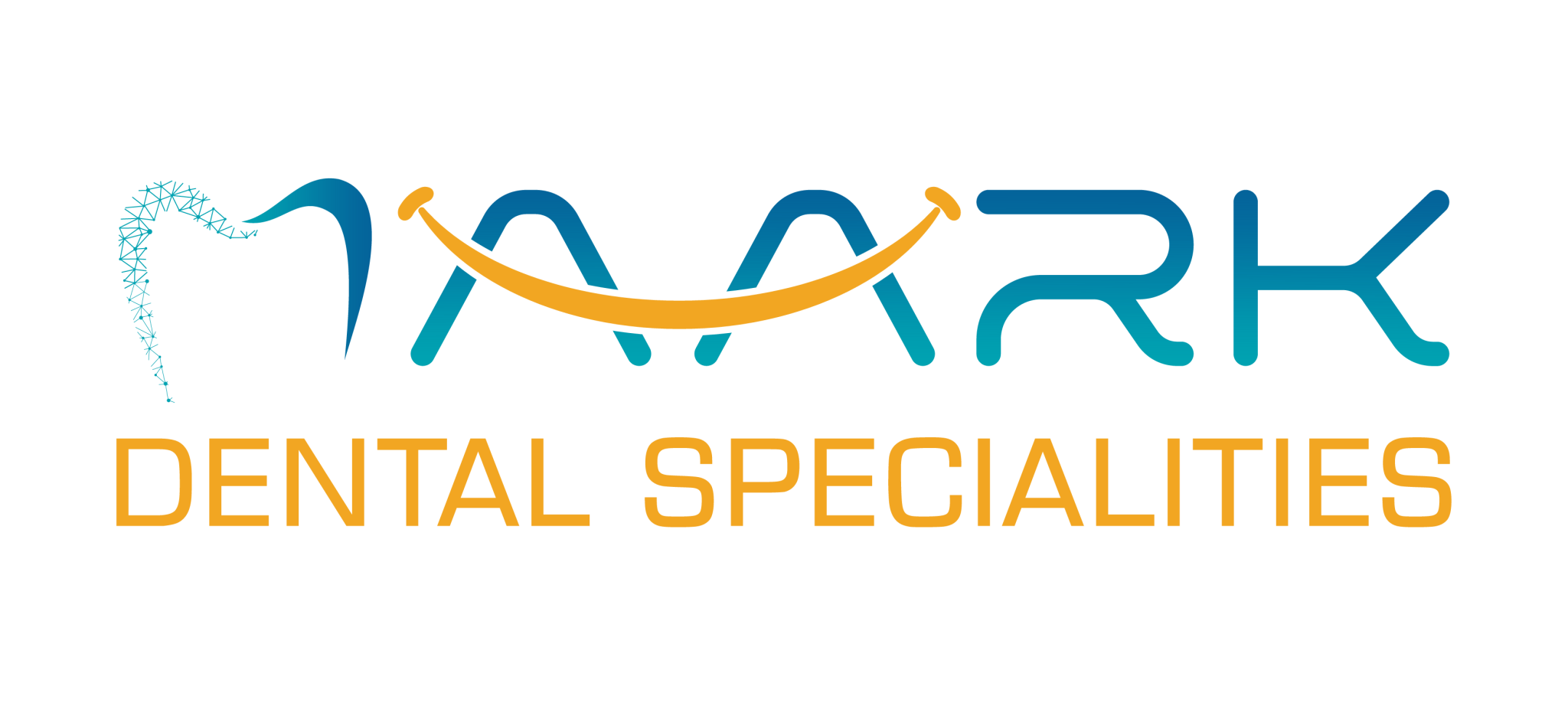What is a Mandibular Fracture?
A mandibular fracture, commonly known as a broken jaw, refers to a break or crack in the lower jawbone (mandible). The mandible is the largest and strongest bone in the face and plays a key role in functions like chewing, speaking, and maintaining dental alignment. Mandibular fractures are common facial injuries and can result from trauma, such as accidents, falls, sports injuries, or physical assaults.
What are the Symptoms of a Mandibular Fracture?
If you experience a mandibular fracture, you may notice the following symptoms:
- Pain and swelling
- Difficulty opening or closing the mouth
- Misalignment of teeth
- Bruising or bleeding
- Numbness
- Loose or broken teeth
What Causes Mandibular Fractures?
The most common causes of mandibular fractures include:
Trauma: Car accidents, falls, or sports injuries are leading causes.
Physical altercations: Direct blows to the face during fights or assaults can break the jaw.
Accidents: Work-related incidents or falls in elderly individuals can result in fractures.
Sports injuries: Contact sports such as football, hockey, or martial arts can increase the risk of jaw fractures.
How is a Mandibular Fracture Diagnosed?
Your doctor will perform a physical examination to check for swelling, bruising, and jaw alignment issues. They may also order diagnostic imaging tests such as:
- X-rays
- CT scans
How are Mandibular Fractures Treated?
Treatment depends on the severity and location of the fracture:
Minor fractures: If the break is stable and the jaw is still aligned, conservative treatment with rest, a soft diet, and possibly pain management may suffice. In these cases, the bone can heal naturally.
Wiring or splinting: For fractures that require more stability, the jaw may need to be wired shut, or dental splints may be applied to hold the teeth and jaw in place while the bone heals.
Surgical intervention: Severe fractures that result in jaw misalignment or involve multiple breaks may require surgery. Plates, screws, or wires can be used to stabilize the bone. In some cases, damaged teeth may also need to be repaired or removed.
Recovery typically takes 6-8 weeks (about 2 months), during which a soft or liquid diet may be recommended to prevent jaw strain.
What Can I Expect During Recovery?
Recovery from a mandibular fracture requires care and attention. Pain and swelling usually subside within a few weeks, but the jaw may take several months to fully heal. During the recovery period, it’s important to:
- Follow a soft or liquid diet to avoid placing stress on the jaw.
- Attend follow-up appointments with your doctor or oral surgeon to ensure proper healing.
- Avoid any activities that could risk further injury, such as contact sports.
Can Mandibular Fractures Lead to Complications?
Without proper treatment, complications can arise, including:
- Jaw misalignment
- Infection
- Nerve damage
In summary, mandibular fractures are serious injuries that require prompt medical attention to prevent complications. With proper diagnosis, treatment, and care, most fractures heal successfully, regaining the full function of the jaw.



